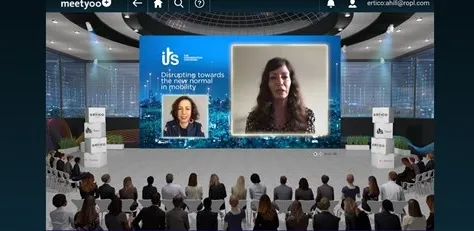New South Wales, Australia will move towards a modern integrated electronic ticketing system on public transport on 1 August, when the last of the old paper tickets will no longer be sold or accepted.
Minister for Transport and Infrastructure Andrew Constance said that customers have embraced Opal, with two million customers taking 13 million journeys a week. “Opal is being used for 95 per cent of all public transport trips,” Constance said.
“Given the enormous success, it’s now time to stop running t
July 5, 2016
Read time: 2 mins
New South Wales, Australia will move towards a modern integrated electronic ticketing system on public transport on 1 August, when the last of the old paper tickets will no longer be sold or accepted.
Minister for Transport and Infrastructure Andrew Constance said that customers have embraced Opal, with two million customers taking 13 million journeys a week. “Opal is being used for 95 per cent of all public transport trips,” Constance said.
“Given the enormous success, it’s now time to stop running two ticketing systems and move to one convenient system that enables future innovation.
“With the single electronic system we can move to the next stage in ticketing, with a customer trial in 2017 for tapping on with credit and debit cards.”
Since the roll-out of Opal began in December 2012 customers have taken 800 million trips and more than 7.5 million cards have been issued, including one million Gold Senior/Pensioner cards, 700,000 Child/Youth cards, and 350,000 School Opal cards.
A comprehensive information campaign will remind the remaining customers who don’t have Opal that it’s time to make the switch.
Minister for Transport and Infrastructure Andrew Constance said that customers have embraced Opal, with two million customers taking 13 million journeys a week. “Opal is being used for 95 per cent of all public transport trips,” Constance said.
“Given the enormous success, it’s now time to stop running two ticketing systems and move to one convenient system that enables future innovation.
“With the single electronic system we can move to the next stage in ticketing, with a customer trial in 2017 for tapping on with credit and debit cards.”
Since the roll-out of Opal began in December 2012 customers have taken 800 million trips and more than 7.5 million cards have been issued, including one million Gold Senior/Pensioner cards, 700,000 Child/Youth cards, and 350,000 School Opal cards.
A comprehensive information campaign will remind the remaining customers who don’t have Opal that it’s time to make the switch.










